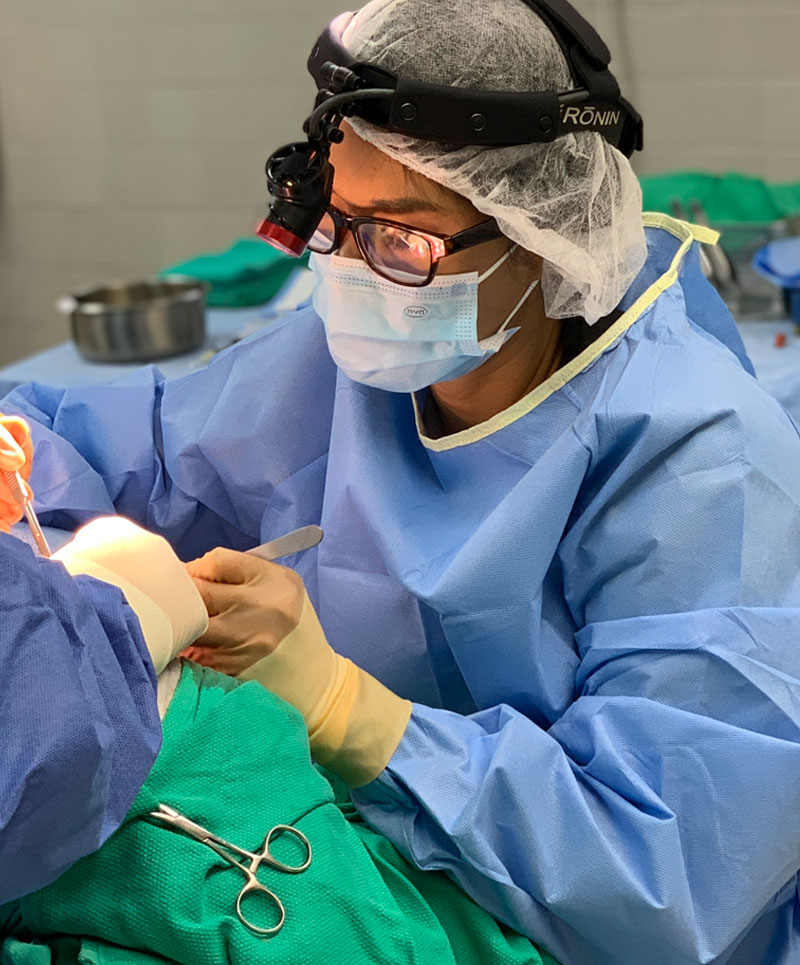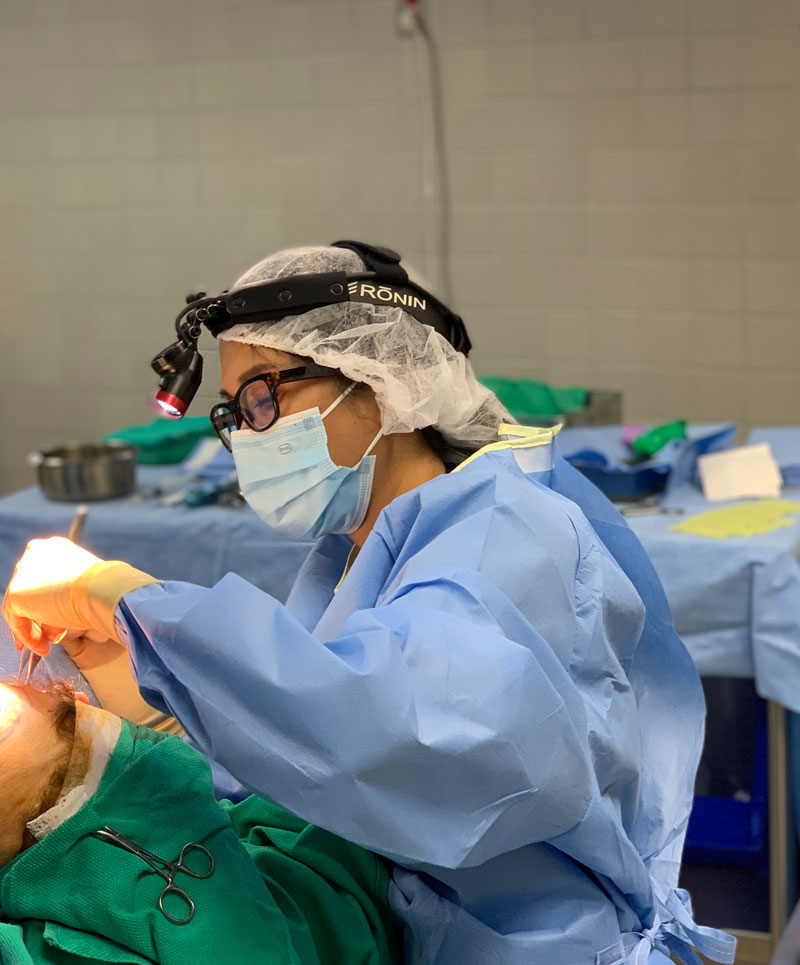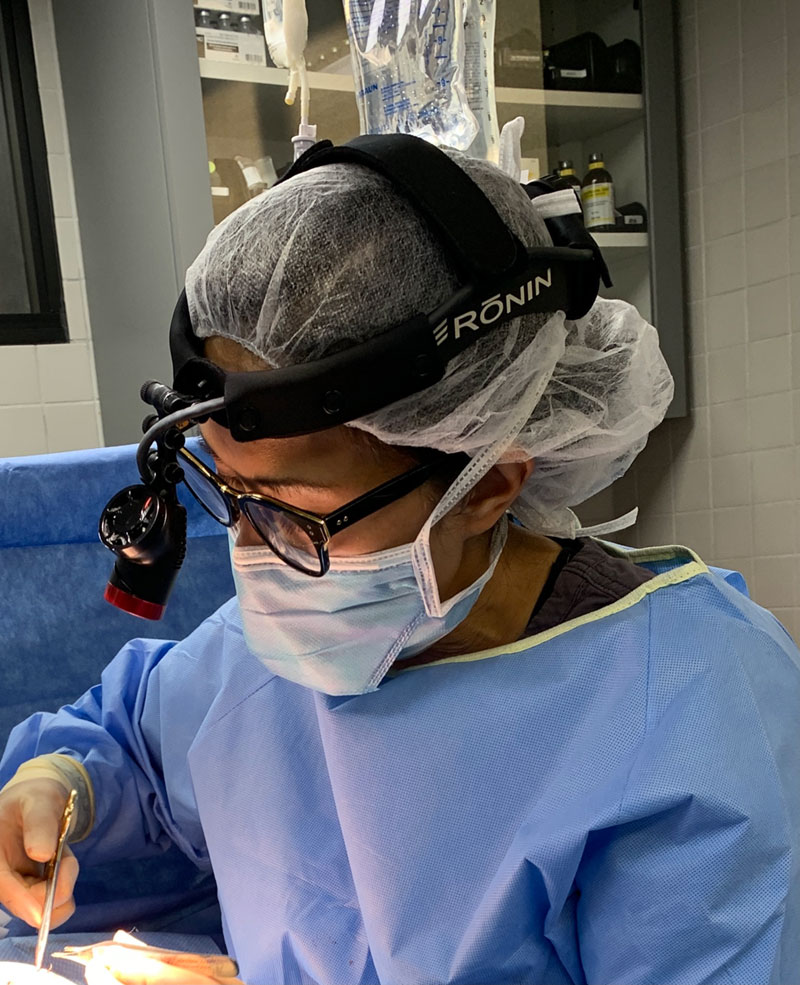Sometimes a cosmetic procedure doesn’t turn out the way you expect it to. Even though most plastic surgery patients are satisfied with their results, it’s an unfortunate reality that this isn’t always the case.
If you’re not happy with your outcome, what should you do? It’s common to feel anxious, stressed, and worried about if a “botched” procedure can be corrected.
Unsatisfactory results can be adjusted through what’s known as revision surgery. Some of the reasons why people seek out revision surgery include:
- Their expectations were not met because their surgeon lacked the proper experience.
- Their healing did not progress well, which caused issues that need correction.
- Other complications arose following the surgery.
When should you seek revision surgery?
Before you make the decision to pursue revision surgery to correct a botched procedure, take some time to adjust to your situation, both physically and emotionally.
It is recommended that patients wait at least one full year after the initial procedure before seeking revision surgery. This gives the body time to heal and also allows the shock and anxiety to subside. It’s important not to underestimate the psychological impact of plastic surgery. Many patients find themselves overcome with worries about whether their results can be corrected and if they should go back to their original doctor, who created the problem in the first place, or if they should take a risk on someone new.
Different types of revision surgery
For some issues, revision surgery is the best option. Here are some of the issues that revision surgery can be used to correct:
Facelift: The results are unnatural or tight looking.
Rhinoplasty: Breathing and nose function are compromised, or the results are not symmetrical.
Tummy tuck: The skin on the stomach is lumpy, uneven, or flabby.
Breast augmentation: The implants were not placed properly, resulting in breasts that look uneven or unbalanced, with one higher than the other.
Liposuction: Too much or not enough fat was removed or an uneven surface was created due to poor technique.
Other considerations
It’s important to know that revision surgeries have an added layer of complexity to them. The presence of scar tissue that formed from the initial surgery can be an added challenge for the surgeon. The patient also faces some additional challenges in terms of the fear and anxiety around having the procedure performed a second time because the first time did not turn out as expected.
All of these factors make it even more important to carefully consider your options and exercise due diligence in choosing your plastic surgeon.
Find out more
For additional information or questions answered about revision surgery, contact our team today.




